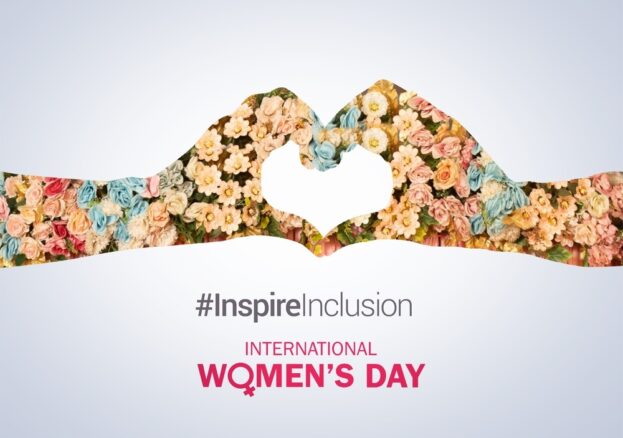
As we embrace the theme of “Inspire Inclusion” for International Women’s Day 2024, it becomes crucial to shine a spotlight on the profound impact of Black British women across various facets of society. This year’s celebration transcends mere recognition; it calls for a deliberate action to foster inclusivity that resonates with the unique experiences, challenges, and triumphs of Black British women. True inclusion entails creating spaces where diverse voices, particularly those of Black British women, are not just heard but are central in influencing policies, cultural norms, and outcomes. Let’s delve deeper into the realms of the workplace, education, media, and beyond, highlighting the exemplary Black British women who are leading by example and how we can further amplify their voices.
Trailblazers in the Workplace
The professional landscape is witnessing a gradual but significant shift towards inclusivity, thanks to trailblazers like Karen Blackett OBE, Chairwoman of Group M, who has been a formidable force in challenging racial and gender disparities in the advertising world. Her leadership and advocacy for diversity have not only paved the way for future generations of Black British women in media but also underscored the importance of representation at all levels of decision-making.
Another remarkable figure is Dame Vivian Hunt DBE, whose tenure as a senior partner at McKinsey & Company has been marked by her dedication to embedding inclusivity in corporate culture. Hunt’s work, particularly in championing diversity and inclusion, serves as a beacon for other organisations striving towards a more equitable professional environment.
Pioneers in Education
Education is a powerful tool for dismantling barriers and fostering inclusivity. Figures like Professor Heidi Mirza, a respected academic in the fields of race, faith, and gender, have been instrumental in reshaping educational narratives to include and celebrate the contributions of Black British women. Her research and advocacy have highlighted the importance of creating educational spaces that embrace diversity and empower students from all backgrounds.
In the realm of literature and education, Malorie Blackman OBE, with her groundbreaking work, including the Noughts & Crosses series, has challenged young readers and educators to confront issues of race, identity, and division in a manner that promotes understanding and inclusivity.
Innovators in Media and Arts
The media and arts sectors have seen a significant transformation in the portrayal and participation of Black British women, thanks in part to pioneers like Bernardine Evaristo, whose literary achievements, including winning the Booker Prize, have shattered ceilings and broadened the scope for Black women’s voices in literature.
Michaela Coel, an actress, screenwriter, and director, has revolutionised the television industry with her critically acclaimed works like “I May Destroy You,” offering profound insights into the complexities of race, gender, and societal expectations.
In the realm of film, Amma Asante, a British-Ghanaian filmmaker, has been celebrated for her compelling narratives that often explore the intersection of race and history, as seen in films like “Belle” and “A United Kingdom.”
Champions of Social Change
Activism and advocacy have seen the indomitable spirits of Black British women leading the charge for social justice and equity. Lady Phyll Opoku-Gyimah, co-founder of UK Black Pride, has been a formidable advocate for the LGBTQ+ community, championing inclusivity and rights for Black LGBTQ+ individuals in the UK and beyond.
In the sphere of politics and social activism, Diane Abbott, the first Black woman to hold a seat in the British Parliament, has been a trailblazer in advocating for racial and gender equality, her career itself a testament to the power of resilience and the importance of representation in governance.
A Call to Deeper Action
“Inspire Inclusion” is not merely a theme but a clarion call to action. As we celebrate the achievements of Black British women like Karen Blackett, Dame Vivian Hunt, Professor Heidi Mirza, Malorie Blackman, Bernardine Evaristo, Michaela Coel, Amma Asante, Lady Phyll, and Diane Abbott, let us also commit to tangible actions that further amplify their voices and the voices of those who follow. This includes advocating for policy reforms that address systemic inequalities, supporting Black women-led initiatives, and educating ourselves and others on the rich contributions and ongoing challenges faced by Black British women.
Together, we can forge a more inclusive future that not only celebrates the contributions of Black British women but also ensures their voices, dreams, and aspirations are integral to our collective journey towards inclusivity and equality. Let’s make International Women’s Day 2024 a turning point, a moment where we not only reflect on progress but actively contribute to the legacy of inclusion for Black British women, paving the way for a brighter, more equitable future for all.
